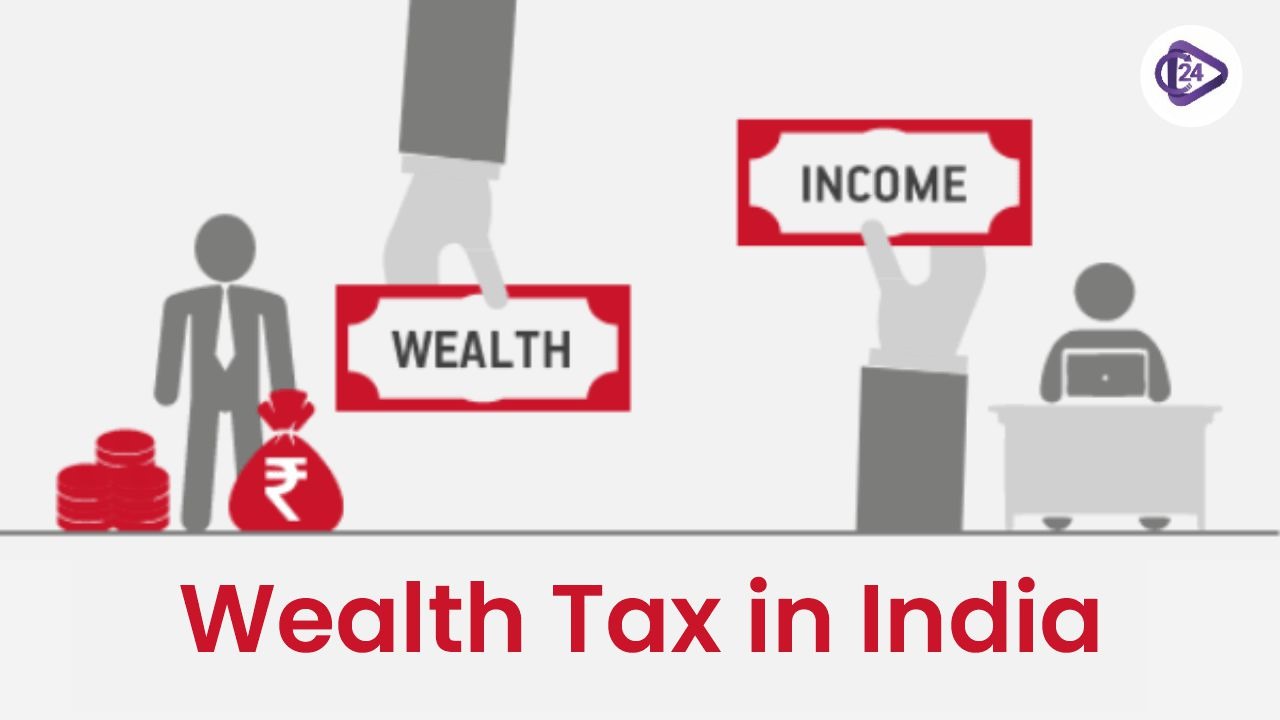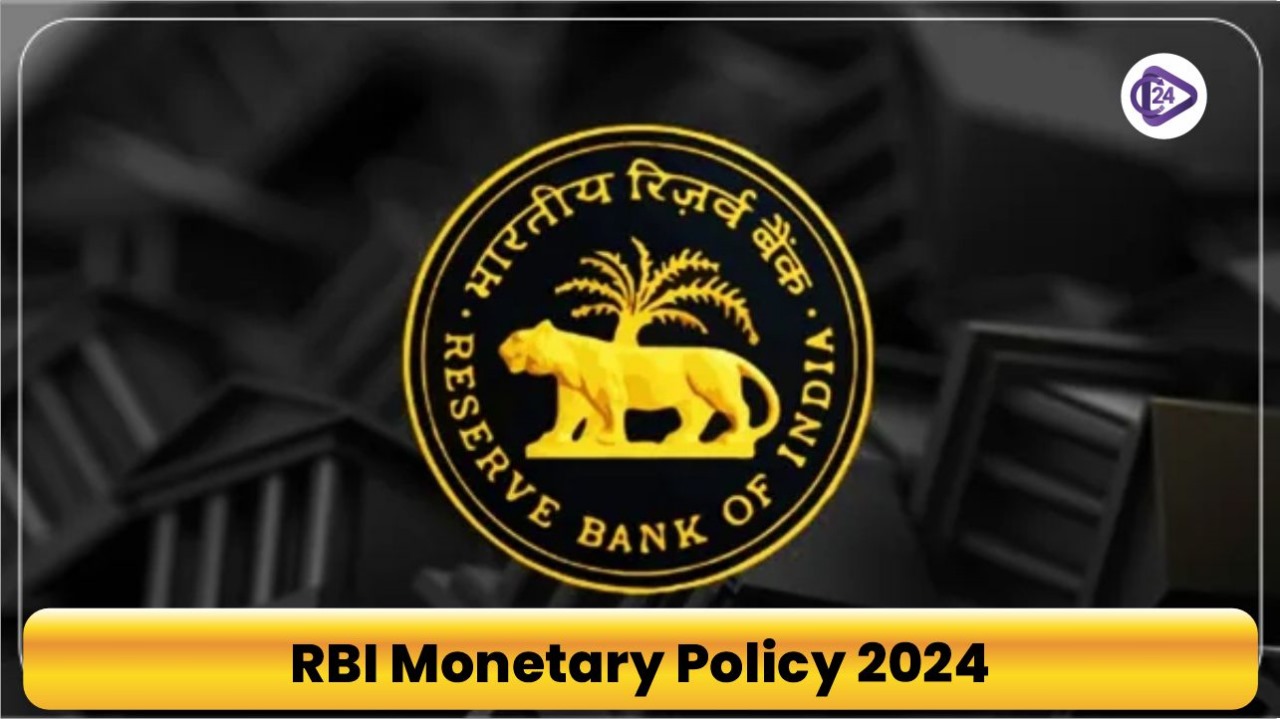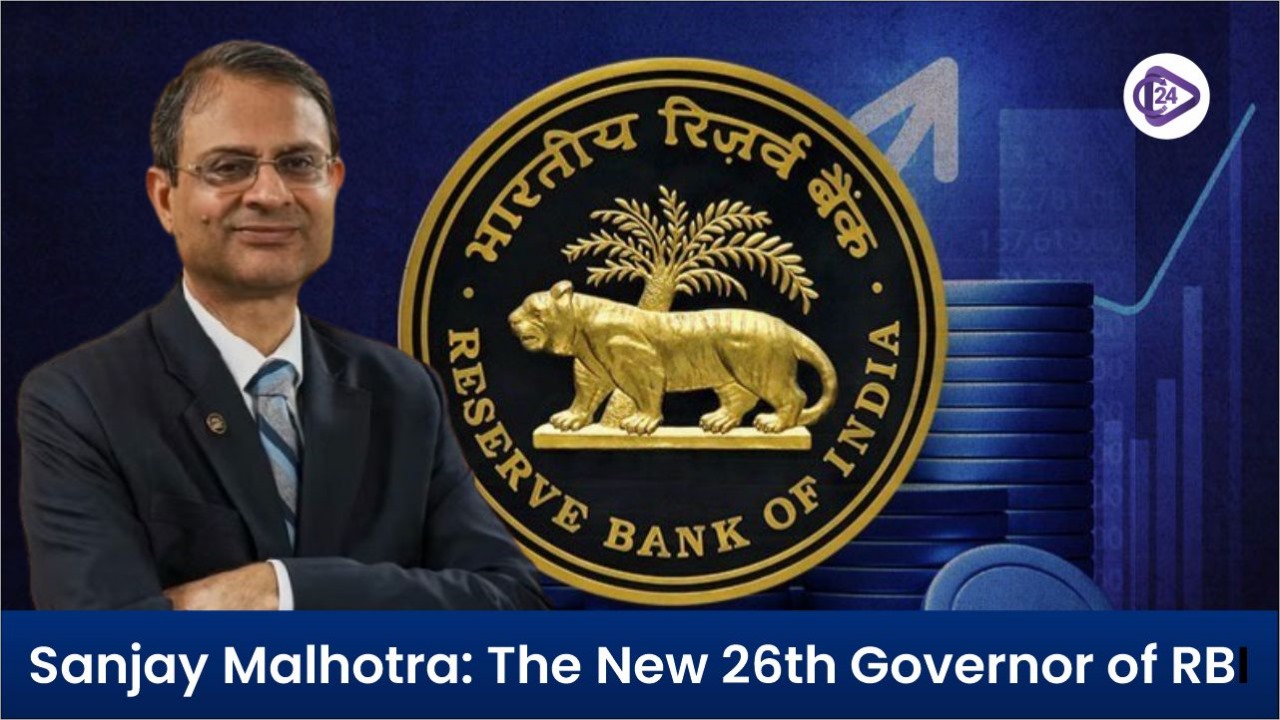
Wealth tax in India was imposed on the total net wealth of an individual, a HUF, and a Company. It was launched in 1957 under the Wealth Tax Act, 1957 to enable the government to collect taxes on wealth which the wealthy people accumulated to reduce the income gap. The particular tax levied for the property, mutual funds, and other sheltered forms of investments. Nevertheless, some exclusions were made namely the agricultural land and some types of government bonds.
The particularity of the wealth tax is that it was progressive — the rate amply augmented as the value of the assets augmented. Wealth tax was expected to apply only to those with high levels of income, and only those with assets over a certain level were to be taxed.
India removed the wealth tax in 2015 mainly due to poor collection, complicated and ineffective administration., The elimination of the tax was meant to eliminate hurdles to ease business in the country and lower the cost of compliance. The government later replaced the wealth tax with what can be termed as the “surcharge on the super-rich” that put extra taxes on extra income.
Key points
-
Inequality and Taxation: As for the distribution of income, India’s problem is very severe as the top 1 percent earns 22 percent of the income, and the top centile earns 40 percent of the income. This leads to the fact that the base of taxes is too limited, and, consequently, the revenues are insufficient, or, worse, are still collected from the rich.
What is wealth tax?
-
A wealth tax is a tax based on the market value of assets owned by a taxpayer. It was governed by the Wealth Tax Act, of 1957, however, it has been ruled out with effect from 1st April 2016.
Current Tax Challenges
-
Even after several tax reforms, only around 6.5 percent of India's population are active taxpayers.
-
A large number of them file nil returns or pay a marginal amount of tax. This, combined with black income generation, reduces the tax base and inequality.
-
The incomes of the richest one hundred thousand households have trebled since mid 1980s.
-
According to wealth, they possessed 3 percent of world GDP in 2015, and this percentage increased to 13 percent in 2024.
-
However, the modern tax systems in the world are not really able to touch the highest class of society (effective tax rates are between 0 to 0.5% of their wealth).
-
Wealth Tax as a Solution: Real and financial wealth, which can be easily identified and documented, such as real estate, are in the focus of wealth tax, which is most effective in terms of generating revenue. In this regard, the wealth taxes are not inflationary as the indirect taxes and can be more progressive.
Feasibility of Wealth Tax: This is why when wealth tax was previously attempted they failed primarily through loopholes and the complexity of such measures. But since all records have gone digital and records of assets are easier to track, it should now be easier to apply a wealth tax if there is the political will to do so.
Potential Roadblocks: The main reasons why political will is an issue in both Nigeria and Ghana are that the application of the wealth tax can however be a challenge since certain critics will likely argue their point based on fear of capital flight, devaluation of currency and, low investment confidence.
Conclusion
Wealth tax is perfectly viable and can be used as a method of financing public goods and an instrument in fight against increased concentration of wealth. Economic development, better social sector expenditure, and check over black money are some of the benefits, but laudable political will alone can make it successful.
Chat With Us



 Indian Pharmaceutical Sector: Global Leadership for Strategic Development
Indian Pharmaceutical Sector: Global Leadership for Strategic Development Govt of India and ADB signed a $42 million loan for coastal protection in Maharashtra
Govt of India and ADB signed a $42 million loan for coastal protection in Maharashtra Pharmaceutical Market and Initiatives in India (FY 2023-24)
Pharmaceutical Market and Initiatives in India (FY 2023-24) Credit guarantee for pledge financing scheme extended to e-NWR (CGS-NPF)
Credit guarantee for pledge financing scheme extended to e-NWR (CGS-NPF) India Achieves $1 Trillion in FDI Milestone: A Game-Changer for Economic Growth
India Achieves $1 Trillion in FDI Milestone: A Game-Changer for Economic Growth RBI Monetary Policy 2024: Key Highlights and Framework in India
RBI Monetary Policy 2024: Key Highlights and Framework in India India’s social security scheme for gig and platform workers
India’s social security scheme for gig and platform workers Sanjay Malhotra: 26th Governor of RBI
Sanjay Malhotra: 26th Governor of RBI India Skills Report 2025: Unlocking Employability and Bridging the Skills Gap
India Skills Report 2025: Unlocking Employability and Bridging the Skills Gap






